When we think about a more environmentally friendly lifestyle, perhaps the first thing that comes to mind is solar panels. For many years, experts have told us that solar panels are a renewable source of energy that can reduce carbon dioxide emissions, cut electricity bills, and even increase the value of our homes. And it’s true!
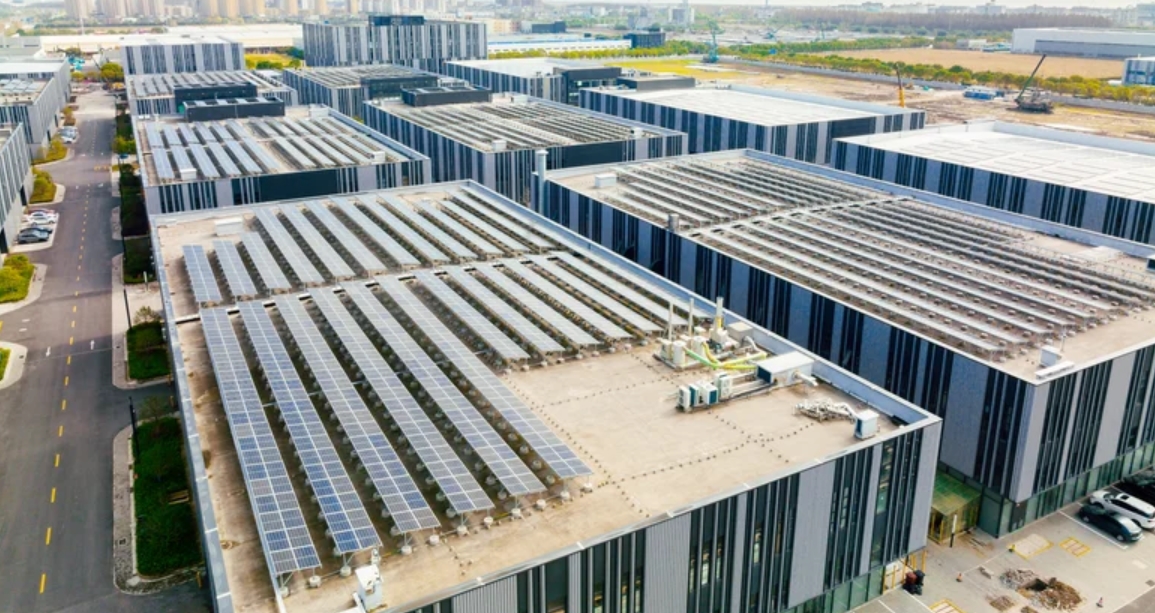
After becoming a homeowner, expenses for regular maintenance and services, such as electricity and water, become painfully noticeable. It’s no wonder that so many homeowners try to save money wherever possible.
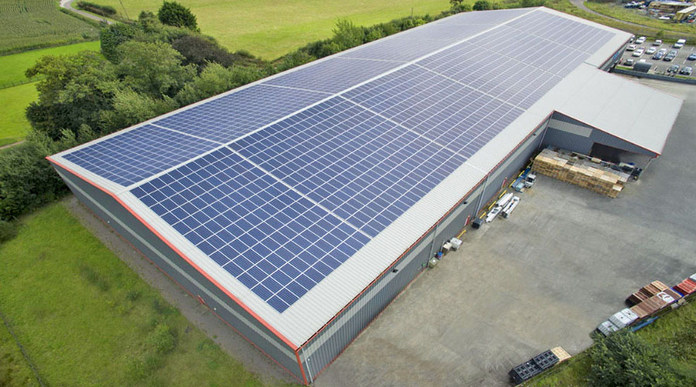 According to the US Department of Energy, in 2020, only 0.02% of available renewable energy was used in the USA, which means that solar energy has enormous potential. Solar energy is used not only in homes but also in portable devices, such as foldable solar panels, which allow for free charging of gadgets or charging stations.
According to the US Department of Energy, in 2020, only 0.02% of available renewable energy was used in the USA, which means that solar energy has enormous potential. Solar energy is used not only in homes but also in portable devices, such as foldable solar panels, which allow for free charging of gadgets or charging stations.

Thanks to modern solar panel systems, homeowners can reduce their utility bills and avoid power outages. Therefore, many people interested in harnessing the benefits of solar energy may wonder if commercial systems are even better and if they can use commercial solar panels for their homes. Commercial solar panels are larger, more complex, and require more permits and approvals. So, installing commercial panels on a residential property comes with a number of challenges, making them not the most suitable choice for homeowners.
More powerful, but bigger and more expensive
Commercial solar panels contain more photovoltaic elements (for greater power output) than residential equipment, making them a more attractive prospect for homeowners. However, this additional power comes at a price: commercial panels are much larger in size and occupy vast sections of building roofs and parking lots, or hectares of land if installed on the ground.
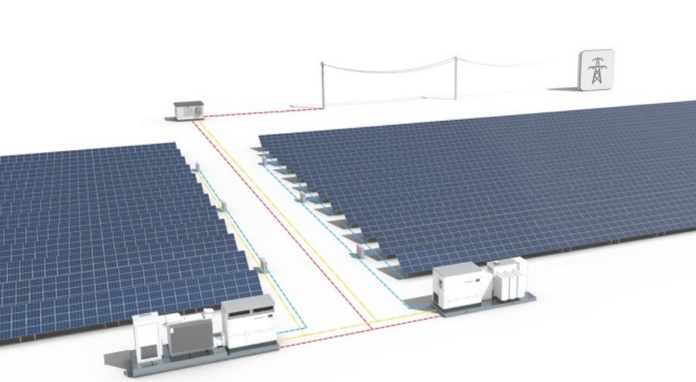 Even if a homeowner can accommodate commercial solar panels on their property and obtain all necessary approvals and permits, would it be affordable? Not quite. Unfortunately, the cost of commercial panels can reach six or seven figures due to their size and complex installation process. If the initial goal was to save some money, the exorbitant cost makes commercial solar panels unfeasible for households.
Even if a homeowner can accommodate commercial solar panels on their property and obtain all necessary approvals and permits, would it be affordable? Not quite. Unfortunately, the cost of commercial panels can reach six or seven figures due to their size and complex installation process. If the initial goal was to save some money, the exorbitant cost makes commercial solar panels unfeasible for households.

These systems are designed for businesses, some of which employ thousands of people working in multi-story buildings or large factories with huge energy demands that far exceed the needs of a typical home.
Weight and installation
Setting aside all other issues related to installing commercial solar panels on a residential home, you also have to contend with additional weight. A residential panel weighs about 25 kg, give or take, depending on the material used. However, commercial panels can weigh tens of kilograms more.
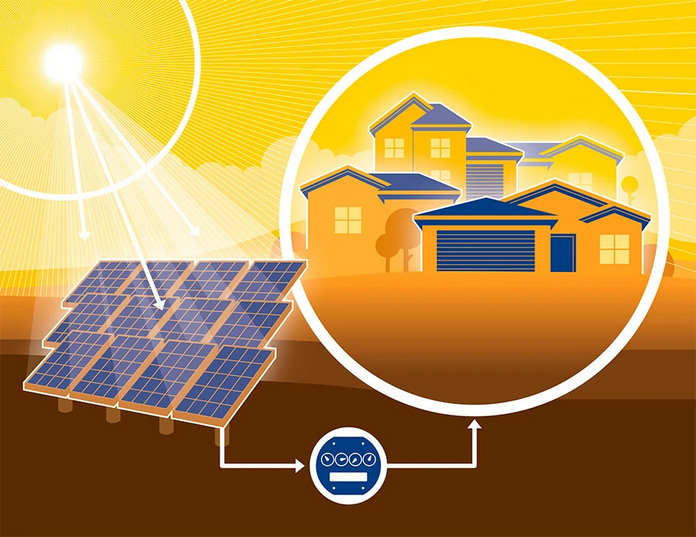
The extra mass may seem insignificant until you count how many panels will be installed on your home. To generate enough energy to make solar power profitable, you’ll need more than 20 panels installed on your roof. Now add ten pounds or more per panel to account for the large commercial units, and you’ve got a lot of extra weight.
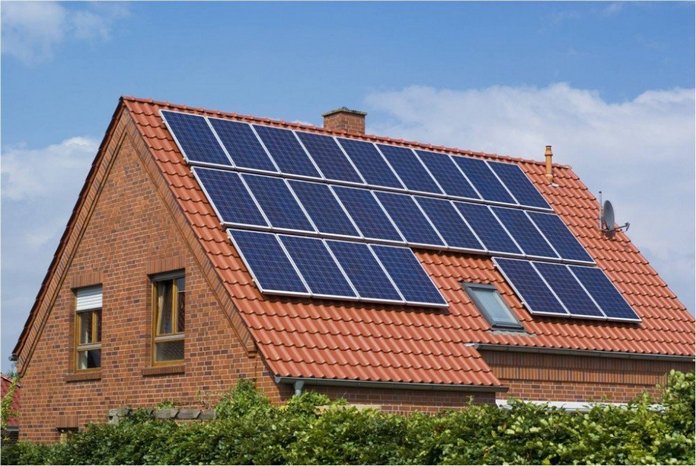
Furthermore, with heavier and more complex commercial panels, you’re unlikely to be able to install them yourself to save money. As a result, for homeowners who want to harness solar energy, home solar panels remain the ideal option. If you’re not ready to invest in a home solar system but are intrigued by the technology, you can start with something smaller—portable panels for charging gadgets.
Development of solar energy in Ukraine
The process of enhancing solar panels and power stations on a global scale continues constantly. Most advancements in the industry come from the quest for new materials and improving the properties of existing ones by adding various compounds and impurities. Researchers are constantly experimenting with new designs, such as altering connection points or plate arrangements.
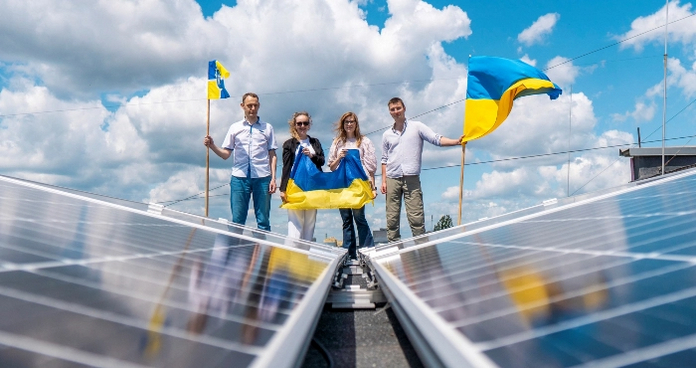
In Ukraine, solar energy began to actively develop from 2010, and by 2014, interest in this field started to grow even among ordinary citizens due to changes in legislation. According to the Association Agreement with the EU (Article 338, Chapter 1, Section V), Ukraine has taken on additional commitments to gradually integrate Ukraine’s power system into the European power grid and to stimulate the production of energy from renewable sources.
Silicon photovoltaic modules are quite efficient, considering the geographical location and natural conditions of Ukraine. These solar panels are economically advantageous for our business, given their quick return on investment and long lifespan.
For Ukrainian businesses, utilizing solar energy is not just a means to acquire an alternative energy source, reduce expenses, and demonstrate collective responsibility for environmental preservation, but also a way to alleviate strain on local transformers.
Conclusions
As for global news, it recently emerged that large arrays of solar panels have the ability to attract rain clouds to deserts. Scientists have found that the dark surface of the panels triggers upward streams of warm air, and if moist high-altitude winds are nearby, rainfall can occur. According to scientists, this phenomenon should be utilized in arid regions, where climate change is expected to lead to a reduction in water reserves, as reported by Science. Therefore, the study of this technology is ongoing around the clock, which is undoubtedly encouraging.
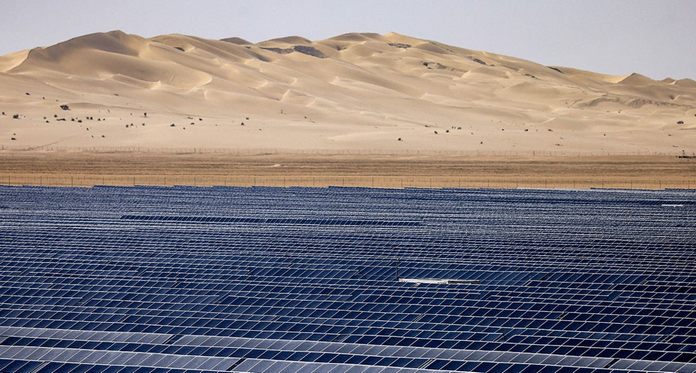
To conclude, the installation and connection of solar panels to the grid is a complex and responsible process that requires professional knowledge and skills. Therefore, it is recommended to seek assistance from specialists or specialized companies with experience in this field. Before purchasing solar panels, it is important to understand your actual energy needs. This will help determine the optimal capacity of the solar system. Reviewing past electricity bills can give you an idea of the average electricity consumption of your household or business. Installing a solar power station not only reduces energy expenses but also makes a significant contribution to environmental preservation.
Read also:
- RCS vs SMS vs iMessage: What’s the Difference?
- Highlights of #MWC2024: Vision of the Future of Electronics World

